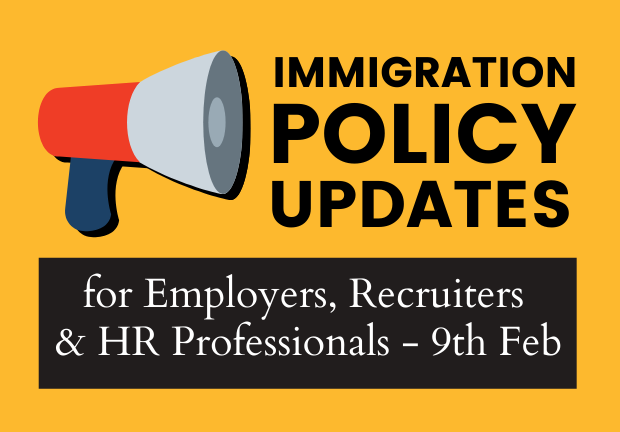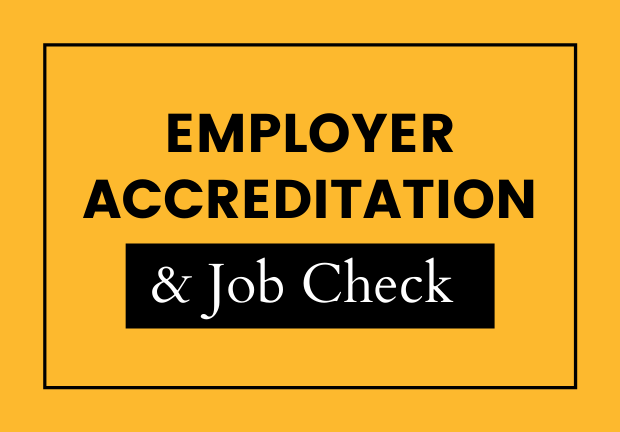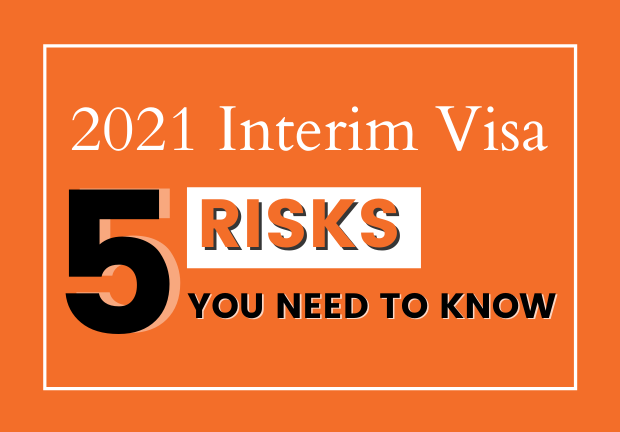Survey Results Are In - 3 Key Immigration Takeaways for Recruiters
02 March 2022In January and February 2022, Aims Global and RCSA launched a survey that aimed to understand how different members of the recruitment and staffing sectors understood, and perceived, some of the upcoming immigration changes.
While there are many immigration changes taking place this year, this survey focused primarily on the upcoming three-step system that will be required for employers and recruiters who wish to hire and support migrant staff from 4th July onwards.
The survey respondents are divided into two distinct groups, each impacted differently by these upcoming changes: Recruitment agency owners (accounting for 54% of respondents) and individual recruiters employed by recruitment agencies (accounting for the remaining 46% of respondents).
While each group brings a different perspective to the effect of these policy changes, together they shed a bright light on how different players in NZ’s labour market are approaching these upcoming changes, and the challenges that might be felt by recruiters, employers and individual migrants as these new policies come into effect.
1 - The Main Challenge for Recruiters: Complexity of Policy
As part of this survey, respondents were asked about their biggest challenge in managing this upcoming employer accreditation and Accredited Employer Work Visa (AEWV) process.
For both recruiters and recruitment agency owners, the complexity of these new policies was a primary concern. When drilling down further into the two classes of respondents, we saw:
- For business owners: While complexity of the policy was the number one challenge (as provided by 53% of the respondents), not enough time/resources (17%) was the second greatest challenge, followed by a lack of understanding of the policy (13%)
- For individual recruiters: The number one challenge was an inability to meet the requirements of this upcoming 3-check system (31%), followed by a lack of understanding of the policy (27%)

Considering this three-step process introduced by Immigration NZ, presents the labour market with brand new immigration policies, it is understandable that the complexity of the policy is a major challenge for recruiters and employers. We encourage anyone feeling apprehensive about these new policies to review some of our recent articles regarding these upcoming changes, as well as register for our upcoming webinar, where we simplify these new policies into manageable and digestible updates.
2. The Sizeable Presence of Temporary Visa Holders in the Workforce
While employers and recruiters may feel that they are attempting to navigate this new policy alone, that is not the case at all. In fact, our survey further emphasised the presence of temporary visa holders within the labour market.
- Of business owners who responded, 33% shared that temporary visa holders comprise 11-50% of their employees, and a small percentage (7%) employ between 51% - 100% temporary visa holders.
- Of individual recruiters, on the other hand, 50% noted that in a typical year around 11-50% of candidates placed are temporary visa holders. However, 31% of respondents noted that this can vary year to year.

Across both audiences, we also had a number of respondents that were either uncertain about the number of visa holders they place/employ. Additionally, many recruiters noted that the percentage of temporary visa holders placed can drastically change year over year. Even taking into account the yearly fluctuations, it is clear that these temporary visa holders comprise a substantial percentage of the labour market in NZ.
Organisations will have to select the type of employer accreditation based on the number of temporary work visa holders that will need to be supported. And, based on survey results, it looks like a sizable amount of business owners were unsure of the type of accreditation that was right for them.
In order to select the right type of accreditation, it is important that recruiters and employers have an understanding of how many staff they will need to support. Or, if they do not, they are able to make this selection in a way that allows for them to support more migrant staff, as opposed to fewer.
You can learn more about the different types of mandatory employer accreditation here in our eBook, How to Hire & Retain Migrant Staff From 4th July 2022.
3. Shifting From Employee-Led to Employer-Led
Another important takeaway from our survey was the pattern, consistent across business owners and individual recruiters, that the individual managed their own immigration process.
- For business owners: 47% responded that their employees and candidates manage their own immigration process
- For recruiters: 65% answered that their candidates manage their own immigration process

Under this new three-step process of hiring and supporting migrant talent, the majority of responsibility will shift from the individual to the employer. When accreditation becomes mandatory on 4th July 2022, the employers/recruiters will need to complete the first two steps (employer check and job check) before the individual candidate can complete the migrant check and apply for their Accredited Employer Work Visa.
Immigration Policy Changes Are Coming Soon
While many of you are aware of these upcoming changes, it may be easy to lose sight of how quickly they are approaching. In fact, applications for the first two stages of the three-step process will be opening in just over two months on 9th May. We encourage you to take proactive measures to understand and prepare for these changes.




-1644786550-COPY.png)

